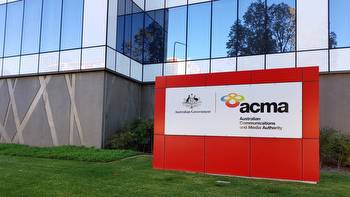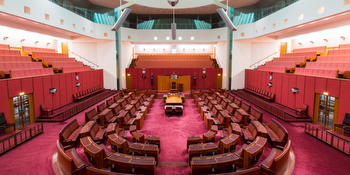Study Reveals $152 Million Spent Annually on Australian Gambling Ads

According to a recent study by the Australian Communications and Media Authority (ACMA), gambling companies spent roughly $152m (AU$238m) on television and radio ads from May 2022 through April 2023.
If you live in Australia, chances are you heard a gambling ad on your drive home from work. And if you did, it was one of the million Australian gambling ads placed during a one-year period.
According to a recent study by the Australian Communications and Media Authority (ACMA), gambling companies spent roughly $152m (AU$238m) on television and radio ads from May 2022 through April 2023. The data was gathered using the media analytics company Nielsen’s Ad Intel data.
Other than the stunning prevalence of gambling ads – more than a million during the 12-month period – much of the findings were intuitive. Australians were far more likely to hear a Metro radio gambling ad during peak commuting hours. Online gambling providers had a strong preference to advertise during the evening commute.
Meanwhile, both Metro and Regional TV featured the vast majority of their gambling ads after dinner. The study comes at a time when Australia is confronting problems with underage gambling. And while the country tightened its gambling advertising rules as recently as 2018, Australia is considering more restrictions — including an outright ban.
Gambling Ads Get More Scrutiny Worldwide
Australia is hardly the only regulated market struggling with its gambling ad rules. For instance, the Alcohol and Gaming Commission of Ontario is proposing to ban the use of athletes and celebrities in advertising for legal sports betting and online casino gambling. But the Ontario branch of the Canadian Mental Health Association (CMHA) doesn’t think that goes far enough. It is calling for a total ad ban.
CMHA Ontario CEO Camille Quenneville recently noted, “Youth and young adults are particularly vulnerable to at-risk gambling following exposure to advertisements. In Ontario, we’re seeing an alarming increase among students in Grades 7 to 12 betting money on online gambling. Gambling-related harms such as financial loss, mental health issues, substance use, and suicide ideation, can have devastating and long-lasting impact on the individual and their family.”
Meanwhile, in a rare, voluntary, move, a major British media company recently announced it would no longer feature gambling ads across its online and print products. The publications instituting the ban include The Guardian, The Observer, and The Guadian Weekly.
“We fully support the enjoyment of sports and respect individuals’ choices to participate in occasional gambling on football, horse racing, or any other sport,” said Anna Bateson, Chief Executive of Guardian Media Group. “Our concern lies with the pervasive nature of retargeted digital advertisements that trap a portion of sports fans in an addictive cycle.”
While it is unlikely that many media companies will voluntarily follow The Guardian’s lead, they may have little choice as regulators look to better protect underage and vulnerable gamblers.
































